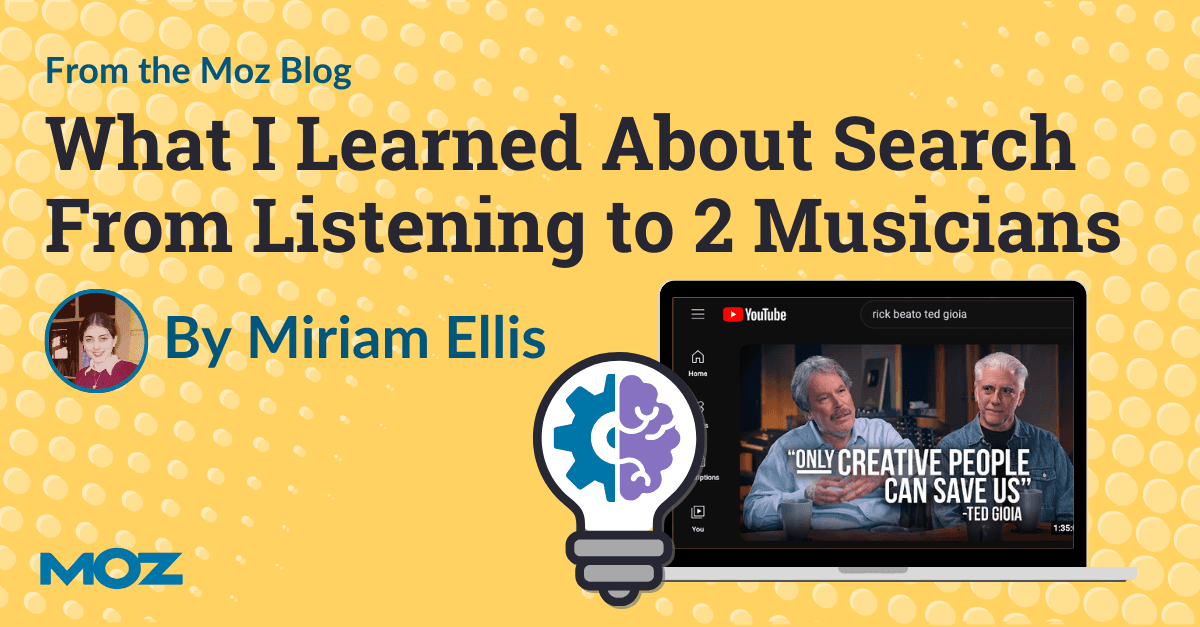You cannot read an SEO blog without someone using the word “trust,” whether that’s trust signals, trusted sources, trust factors, or trusted content. But here’s the problem: the public has lost trust in most large institutions, including those in the tech sector. Ted Gioia highlighted three examples in the Rick Beato interview that depict a tell-tale lack of transparency in major online arenas.
-
Spotify — Why do songs that only have 100 plays on YouTube earn billions of streams on this music platform? Ted highlighted the case of Johan Röhr, whose name you’ve probably never heard because he allegedly goes by 654 different names on Spotify and is included in more playlists than Michael Jackson, ABBA, and Elton John. This has caused subscribers to speculate that there is an unseen special monetary relationship with the platform.
-
Netflix — Instead of embracing transparency, Netflix will no longer report on its number of subscribers, causing its shares to drop as shareholders doubtless feel uncertain and in the dark.
-
Sports Illustrated — Instead of cultivating columnists, Sports Illustrated created fake AI authors and filled its publication with inhuman content, which it then deleted after it was found out, resulting in public mistrust and ridicule. This example has now been joined by countless others, emphasizing a core question from Ted for our times: ‘If AI is so great, why are brands being secretive about it?’
Major platforms across multiple industries are failing to operate in a way that’s perceived as above board. In our own corner, we have the all-too-familiar and growing issue of people feeling manipulated by search and social platforms. No one but a few people at Google know what’s in their algorithms, and our desperation to understand the operations of this entity, which has come to rule so much of modern life, is seen in our massive reaction to the recent API leaks. Complaints that Google isn’t as good as it used to be are growing louder and louder and louder by the week, with all kinds of speculation as to why that might be. Meanwhile, if Meta flips a switch, you suddenly can’t do the things you want to on Facebook and Instagram anymore.
It’s little wonder that people have a sense that they are being manipulated for unknown reasons when using much of the internet. While it’s understandable that trade secrets have to be kept quiet, if your community ends up feeling hoodwinked and bamboozled by your mode of operations, you can’t really lay claim to being a liked or trusted brand.
We’ve weathered a lot of extreme claims over the past few decades. Everyone’s life was supposed to be completely rewired by virtual reality and voice assistants, remember? It hasn’t happened, but, particularly as the search industry is being inundated with AI hype, Ted Gioia’s remark hits home:
“Companies are placing huge bets on this and they want to change the culture into something they can monetize.”
No one in the creator economy is against monetization, but when it’s done at major platform scale, it starts to feel less like business as usual and more like manipulative social engineering. There seems to be a growing reaction to the unpleasant feeling the public is having of being pushed and prodded instead of engaged and served.
Right now, across multiple fields, including music, film, and publishing, there is a unifying issue of decision-makers having little or no feeling for the arts because their main interests are in making money for themselves and their shareholders. In an echo of Ted Gioia’s explanation of what has happened to the music industry since streaming emerged, my sister, who is a screenwriter, and my brother-in-law, who is a cinematographer, tell me that the executives running Hollywood have little interest in film. Production has ground to a stunning halt, unemploying writers, actors, and crews across the board, with fewer films making it to the screen every year. People who devoted their youths to earning degrees in this field are being furloughed or fired because there is no work to do.
This question occurs to me: Are the major players in the tech world interested in the thriving of human society at all, or merely in profits and, perhaps, having their own way, with their own way sometimes apparently being a rather strange picture of life for the rest of us?
